Newsletter
Don't miss a thing!
We regularly provide you with the most important news, articles, topics, projects and ideas for One World – No Hunger.
Newsletter
Don't miss a thing!
We regularly provide you with the most important news, articles, topics, projects and ideas for One World – No Hunger.
Please also refer to our data protection declaration.
“In times of global crises and growing budget constraints, strong partnerships are more crucial than ever” – this statement by Federal Minister Alabali-Radovan in the German Bundestag in mid-May is also a guiding principle for the German Agribusiness Alliance. For greater cooperation between politics and business in development cooperation, writes Director Dr. Per Brodersen.
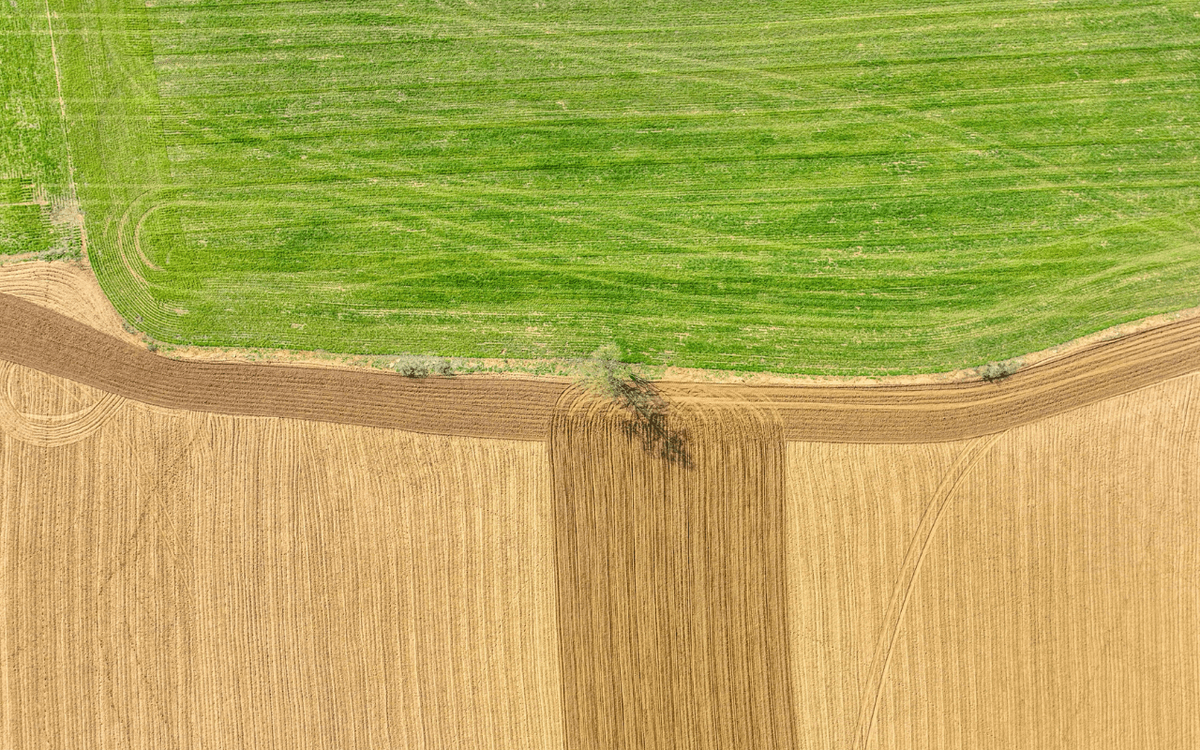
Germany is an export nation: In 2024, German companies delivered goods worth a total of €1,559.7 billion abroad. This figure underscores the importance of international orientation and the deep integration of the German economy. However, not everything is sunshine and roses: many recent geopolitical developments signal a retreat into national shells, a turning away from multilateralism, and growing distrust in international cooperation.
One striking example of this trend is the United States of America: it is currently pursuing an increasingly restrictive trade policy, imposing high tariffs on imports in an apparent effort to strengthen the domestic economy. At the same time, it is withdrawing from multilateral bodies and, as the world’s largest donor of development aid to date, has ceased all development cooperation activities with the closure of USAID.
This situation presents new challenges for Germany: in a difficult global economic environment, it is taking on a leadership role in global trade and development cooperation. At the same time, the domestic economic situation calls for new stimulus to boost the German economy. Added to this are shrinking public financial resources, as Germany must now catch up on long-delayed investments in defense and infrastructure. And finally, the issue of security – in all its dimensions – is moving back to the top of the political agenda. It is no coincidence that Germany’s National Security Strategy, in view of global destabilizing threats that may impact Germany, states: “Hunger and malnutrition impair people’s health, undermine the economic foundations of entire societies, and lead to setbacks in development policy.”
All of these challenges – growing protectionism, declining willingness for global cooperation, a weakening domestic economy, shrinking public budgets, and increasing security needs – call for new approaches to cooperation between politics and business. Germany can build on a solid foundation of experience as a donor country and on the renewed international attention it has gained following the recent change in government, positioning itself as a European and globally engaged actor on the world stage. The German economy’s strong networks with development-relevant regions and partners around the world offer great potential to address current challenges and extend the reach of public funding.
So what could be more logical than to combine these fundamental strengths?
In hardly any other sector are the cooperation potentials between politics and business as concentrated as in the field of food and agriculture: Modern, innovative agricultural technologies contribute to global food security. They support sustainable economic practices, ensuring reliable yields and stable incomes – even with increased emphasis on local production. Their use adds stability to the global system of food production and distribution – whether in the Global North or the Global South. But it is equally clear: stable and profitable value chains require clear regulatory frameworks and reliable partners.
Investments in resilience and sustainability also require financial commitment – they do not come for free.
Now is the time to think more in terms of partnerships: Politics can shape the framework for international engagement and support economic activity, while business can help scale development cooperation at key points. The expertise of both sides can complement each other and point the way forward – new programs promise new partners. A key priority will be to optimize and expand existing funding policies and dialogue formats.
“In times of global crises and growing budget constraints, strong partnerships are more crucial than ever” – this commitment by Federal Minister Alabali-Radovan in the German Bundestag in mid-May to a new alliance between politics and business must be taken seriously. If ever there were a moment for constructive, goal-oriented dialogue to foster closer cooperation between politics and business in development cooperation, that moment is now.
We can leave isolated thinking behind – silos are for grain.
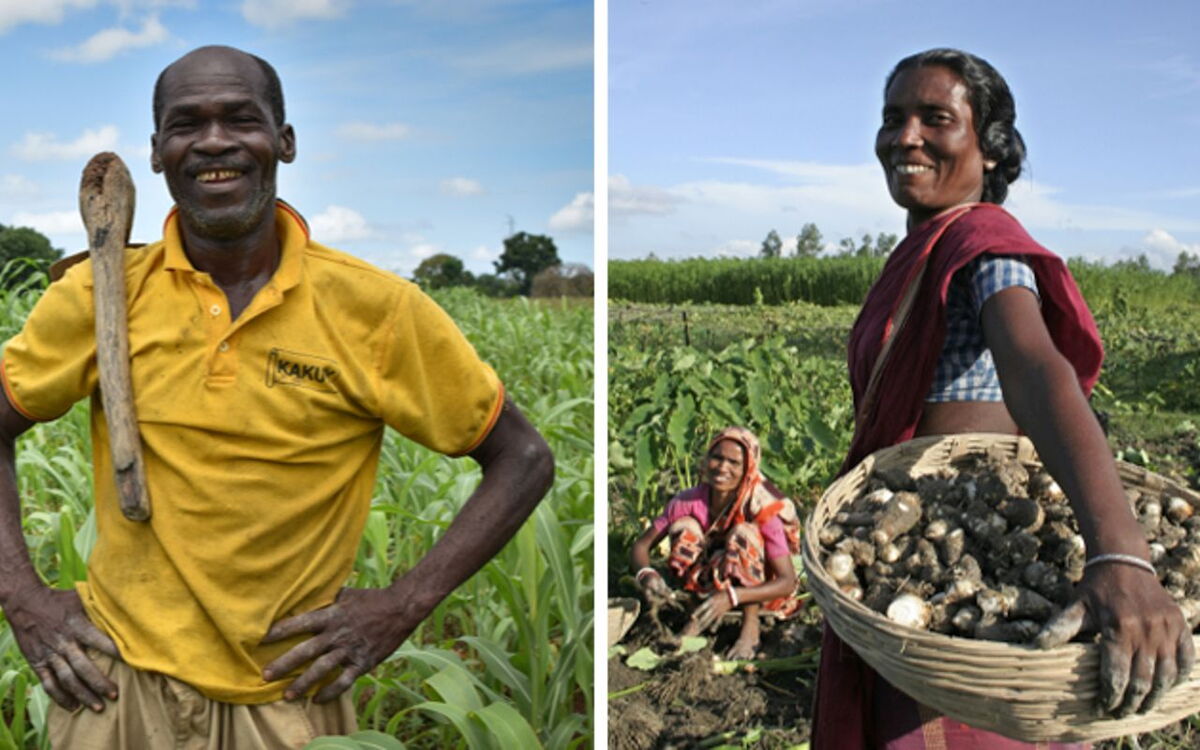
Read more Ideas on the ground: Local solutions for global challenges
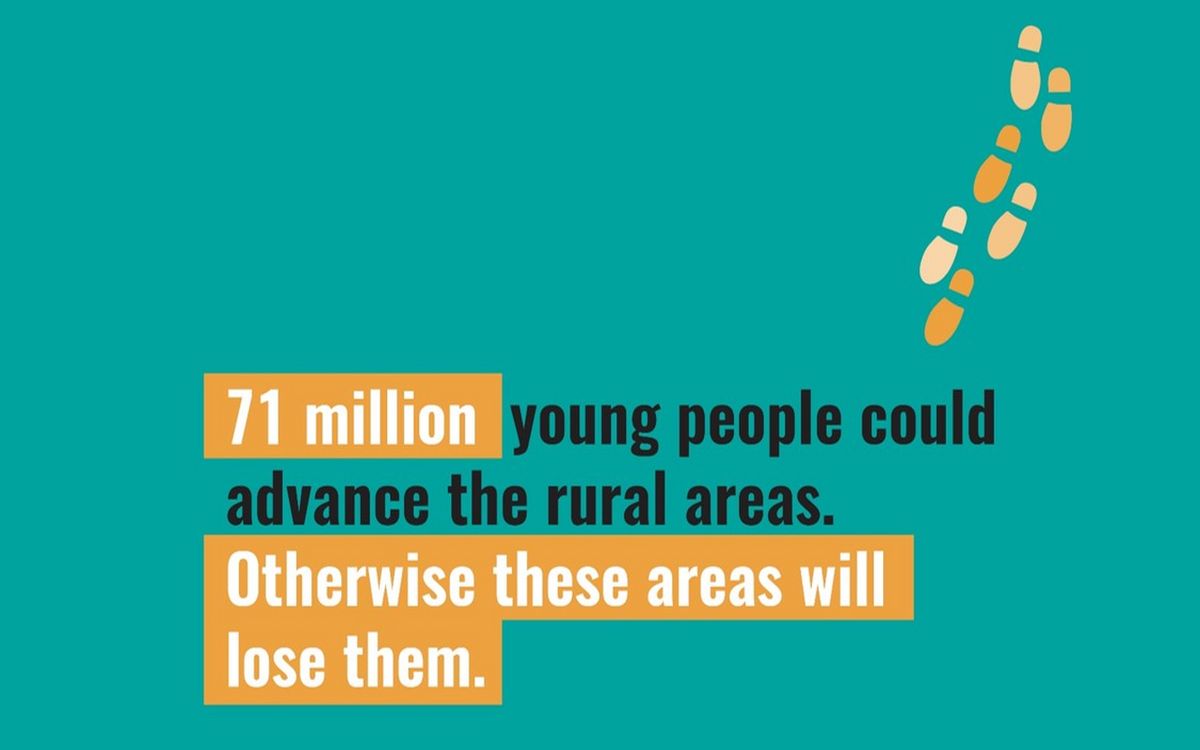
Read more Answers from the youth: "Leave or stay? That depends on it!"
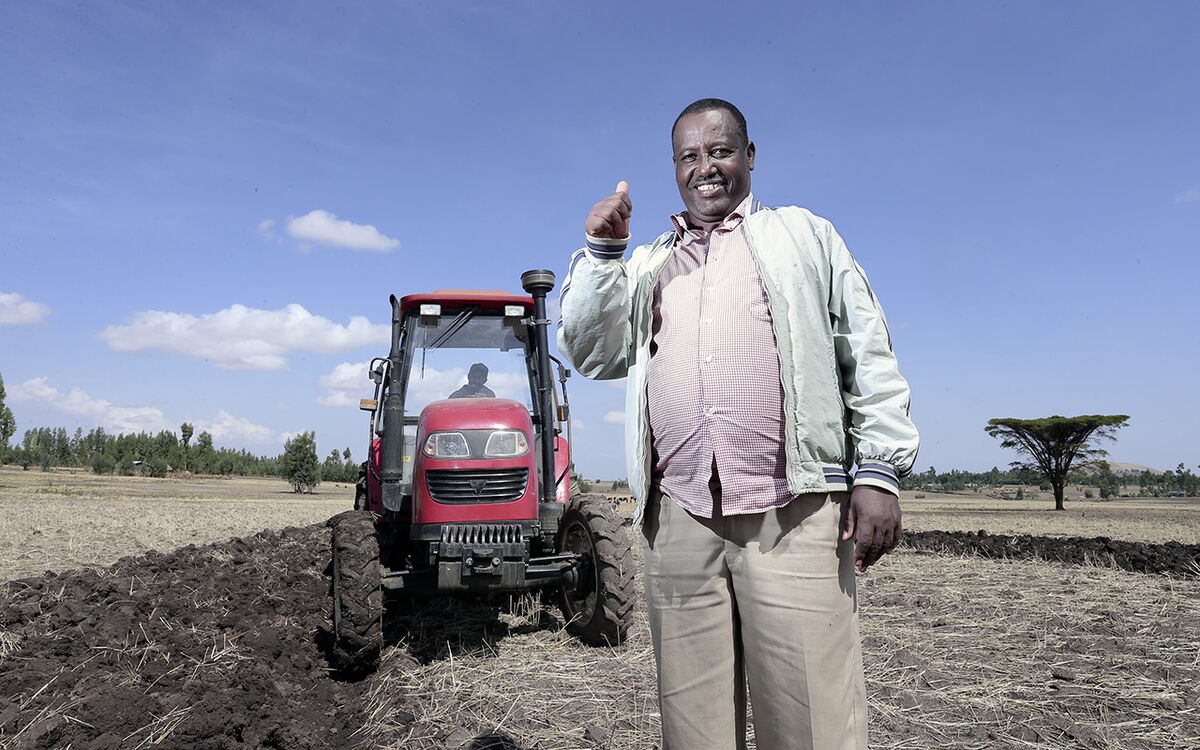
Read more How much private investment is the agricultural sector able to bear?


Read more Video diaries in the days of Corona: Voices from the ground

Read more From start to finish: a vision of interconnectivity
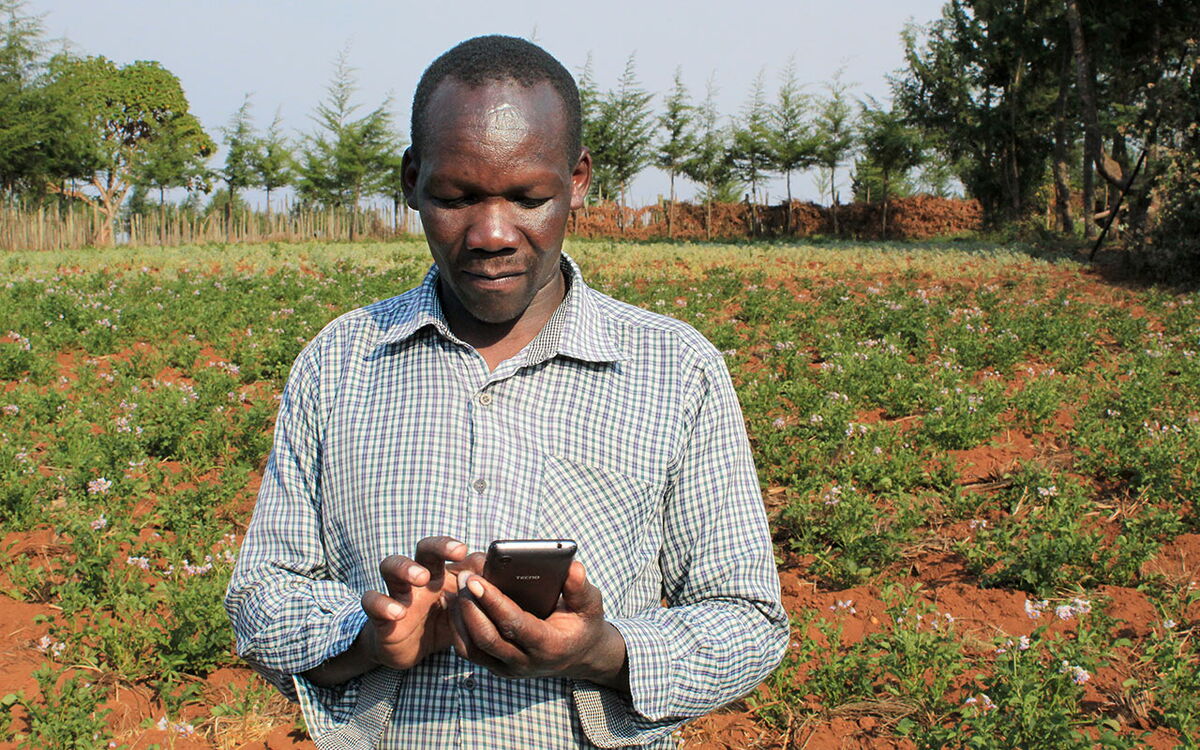
Read more A global signpost: What way is the market, please?

Read more Silicon Valley for Africa’s agricultural start-ups
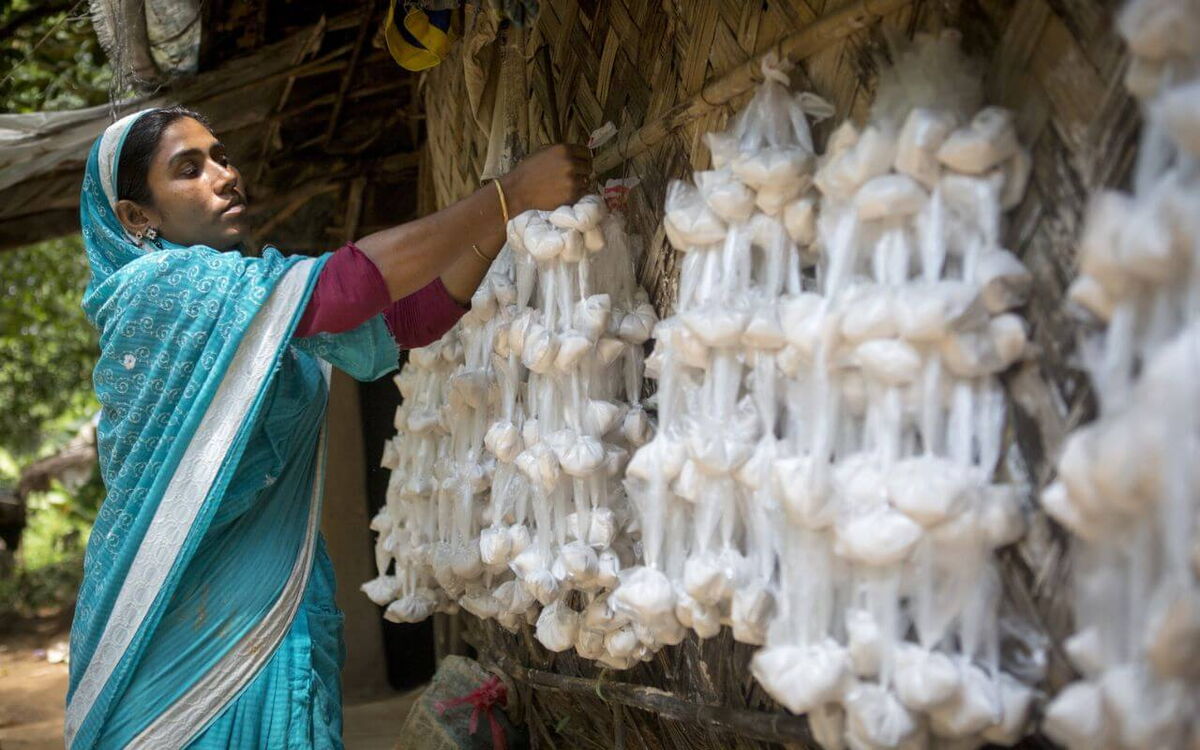
Read more Gender-Transformative Approaches – Unlocking Everyone’s Potential
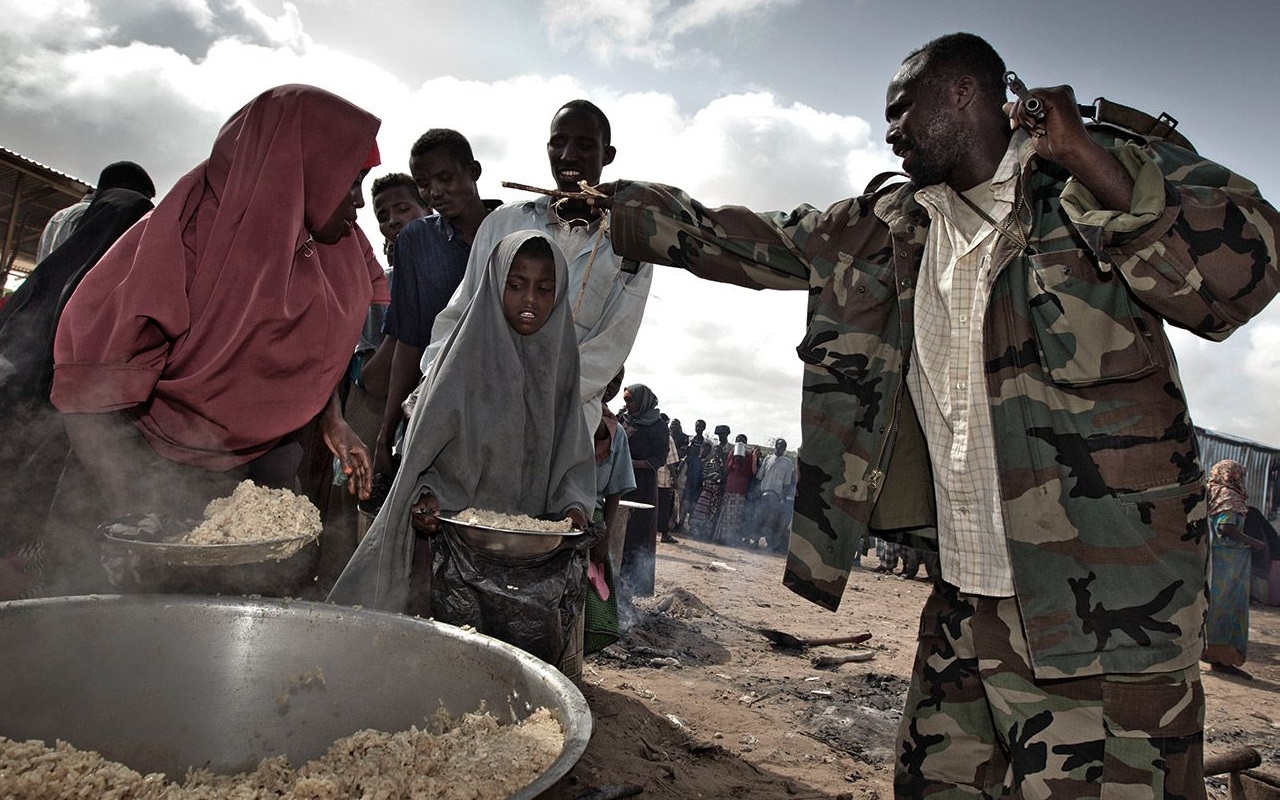
Read more 5 questions to F. Patterson: Why is there more hunger?
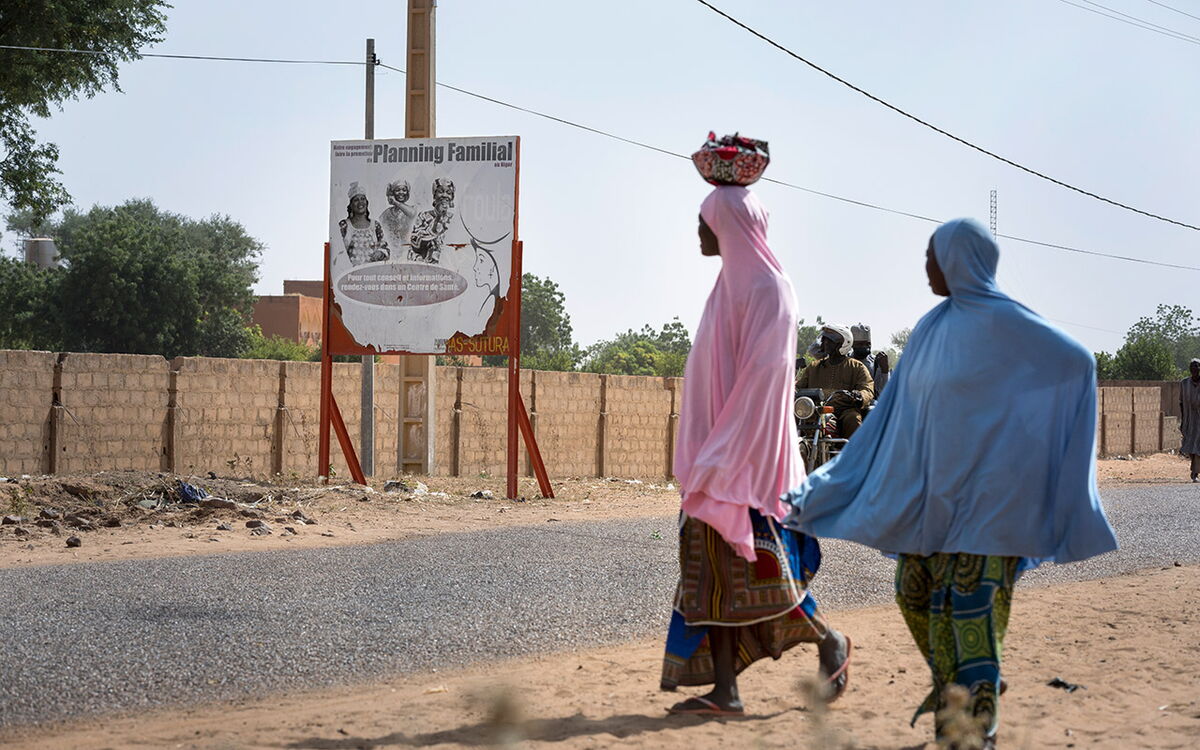


Read more Developing countries hit doubly hard by coronavirus

Read more Statement from GAFSP Co-Chairs: GAFSP and COVID-19 Pandemic

Read more What do you expect from this Pre Summit, Mr. Haddad?

Read more Mr. Campari, how do we create sustainable food systems?

Read more How can the private sector prevent food loss and waste?

Read more From lost products to safe food - Innovations from Zambia
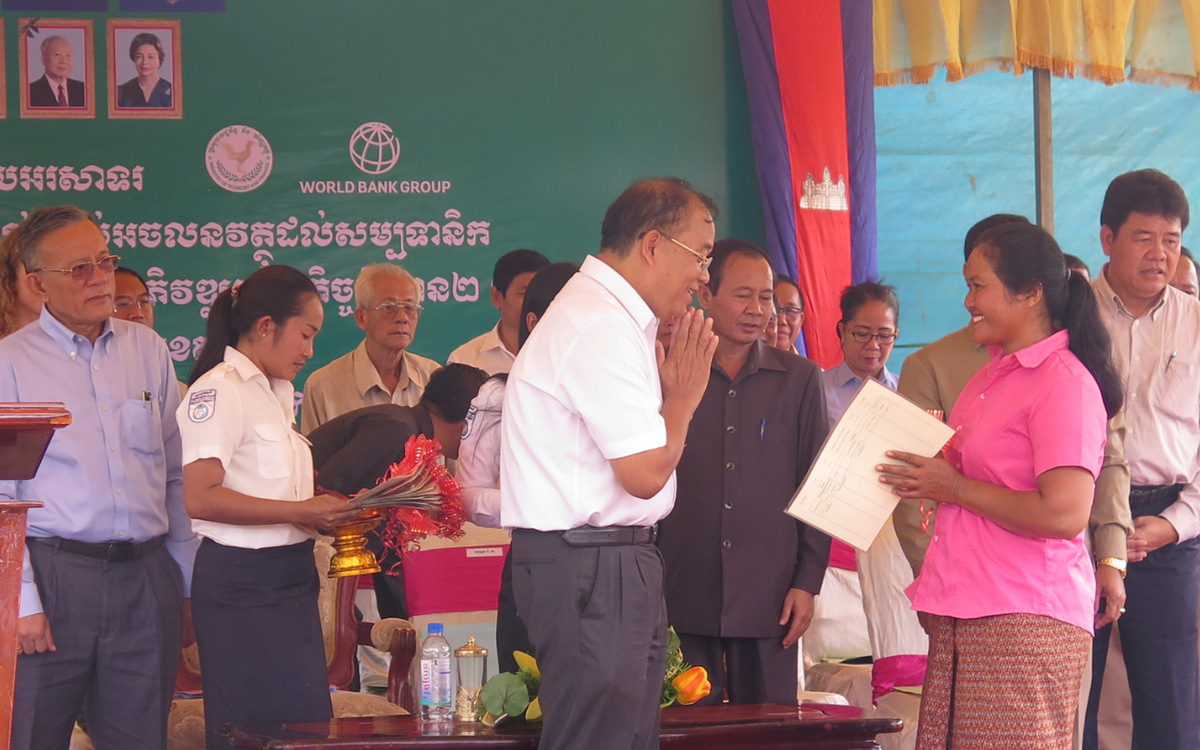
Read more Land Rights for Secure Livelihoods: My Land is My Life
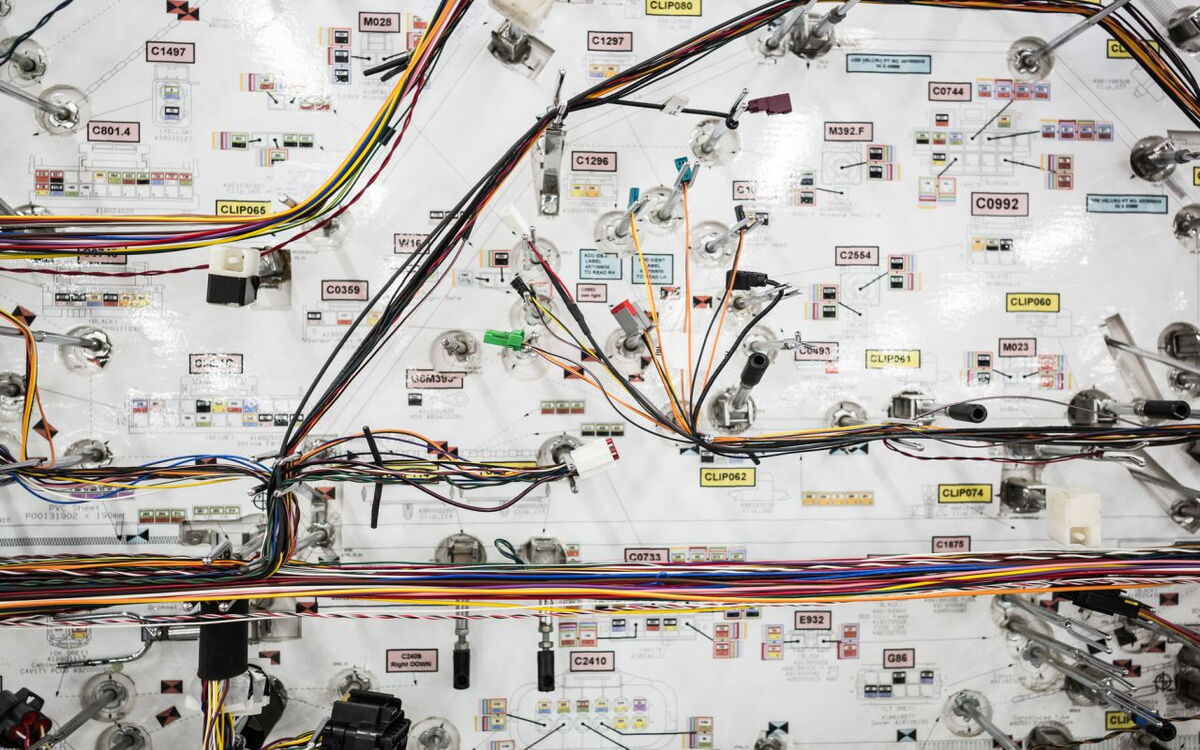
Read more The Future of Development Politics: Voices from the Parliamentary Groups
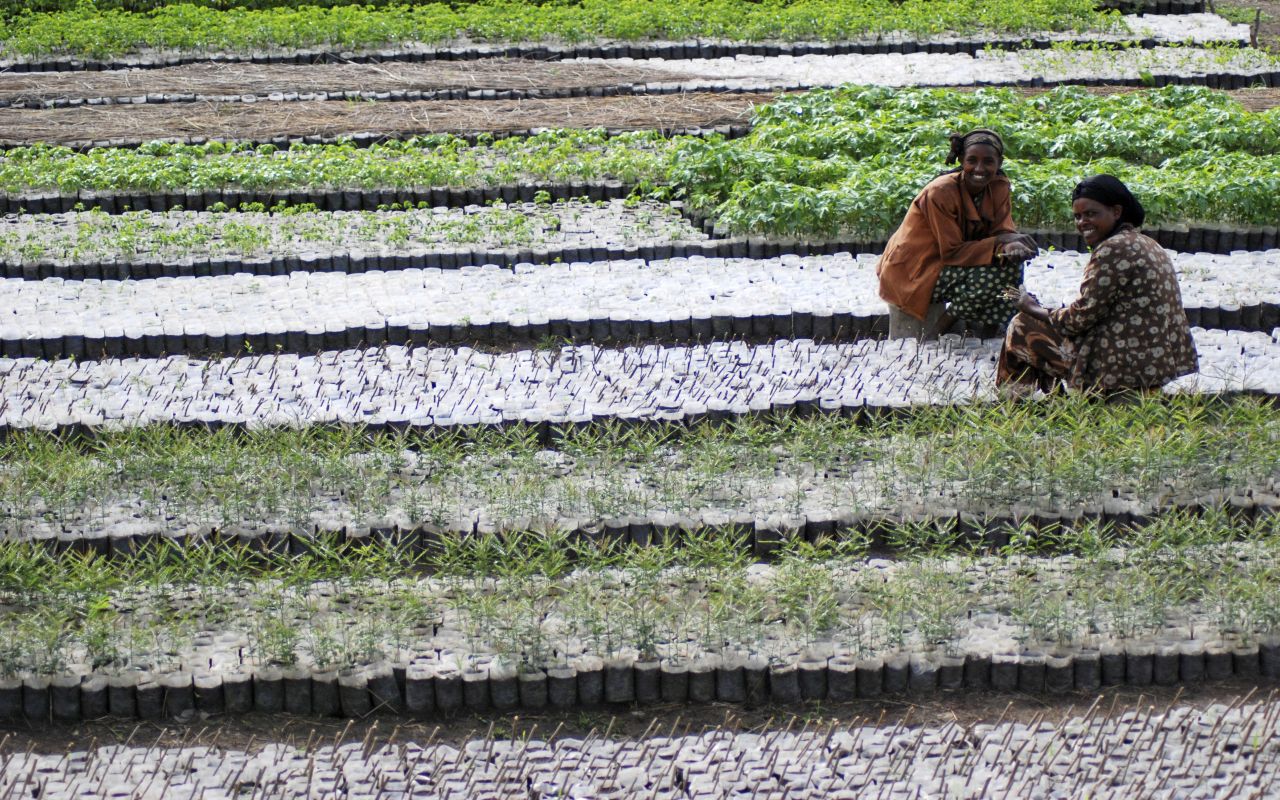
Read more Cooperation and Effective Incentives for Sustainable Land Use

Read more Together towards Sustainable Development: Private Sector Cooperation
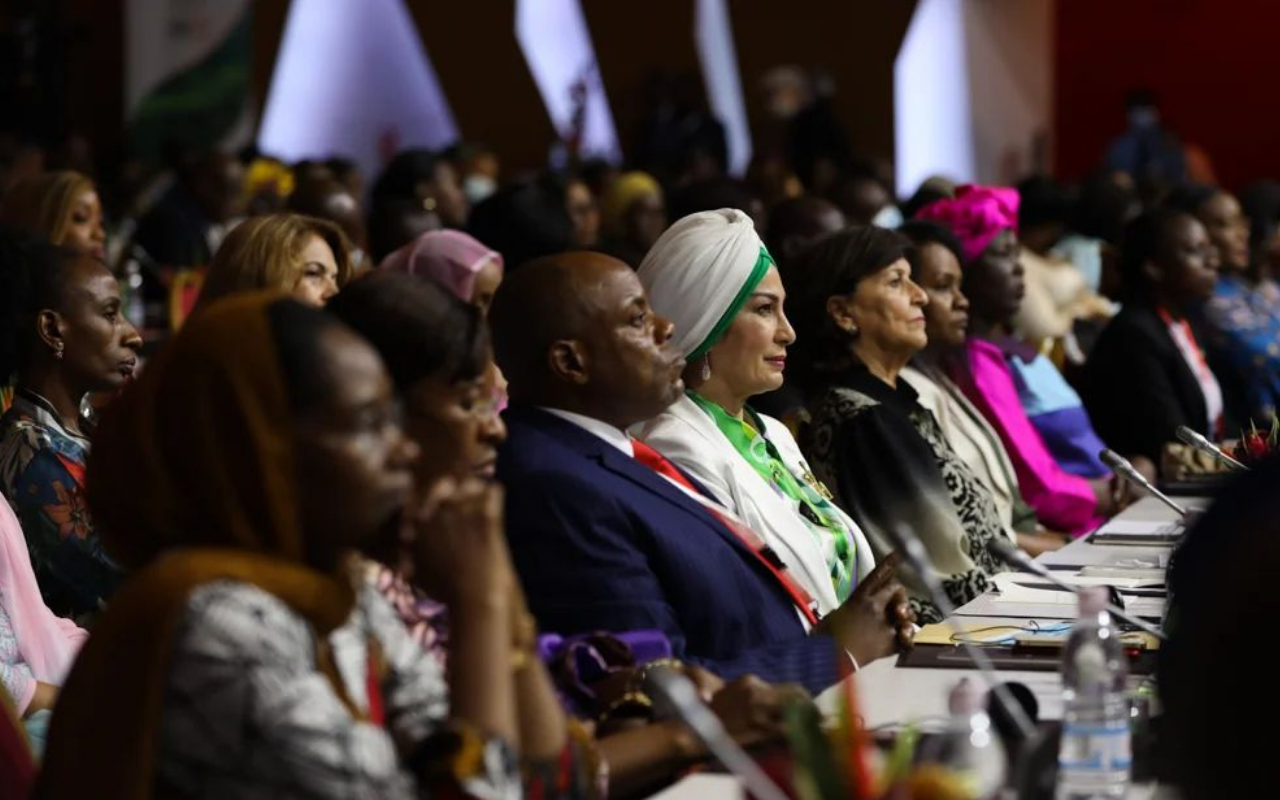
Read more World Soil Conference ends with resolutions on drought management and land restoration

Read more German G7 Presidency – fighting hunger with all our might

Read more The Rice Sector in West Africa: A Political Challenge

Read more “More of the same is not enough - we need to rethink”
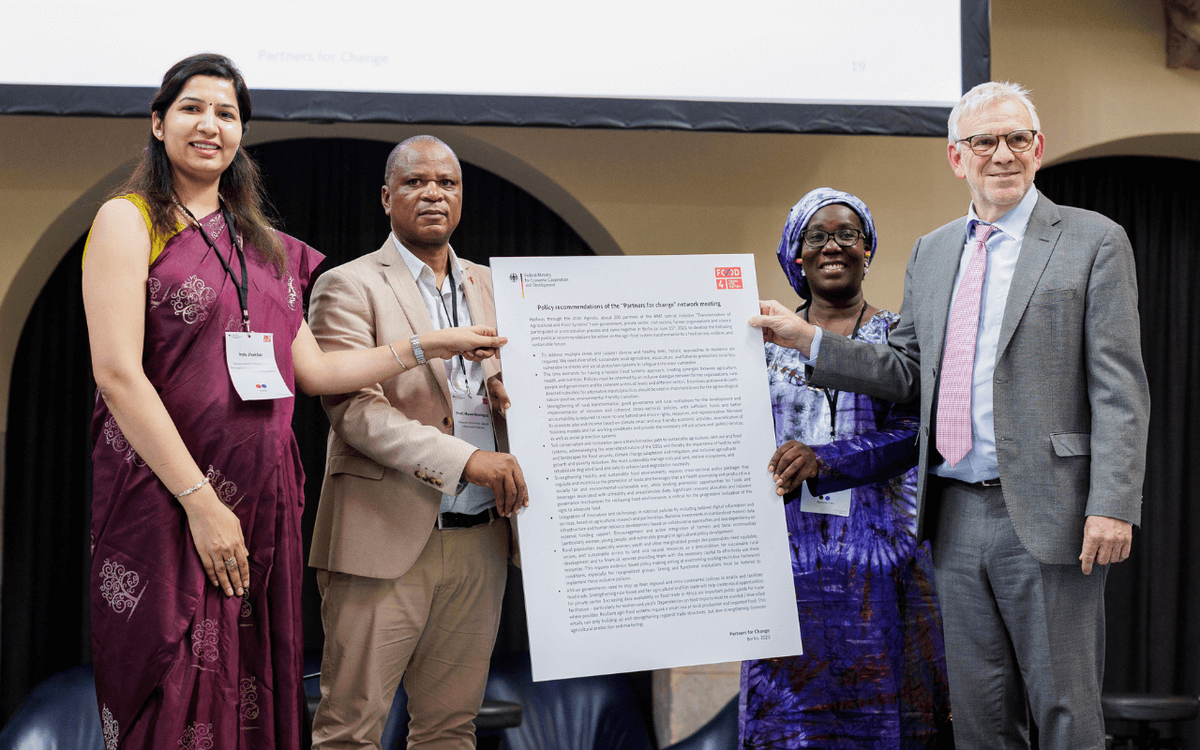
Read more Partners for change - Network meeting on transforming agricultural and food systems

Read more Innovative donor approaches and sustainable finance – A Review of UNFSS+2
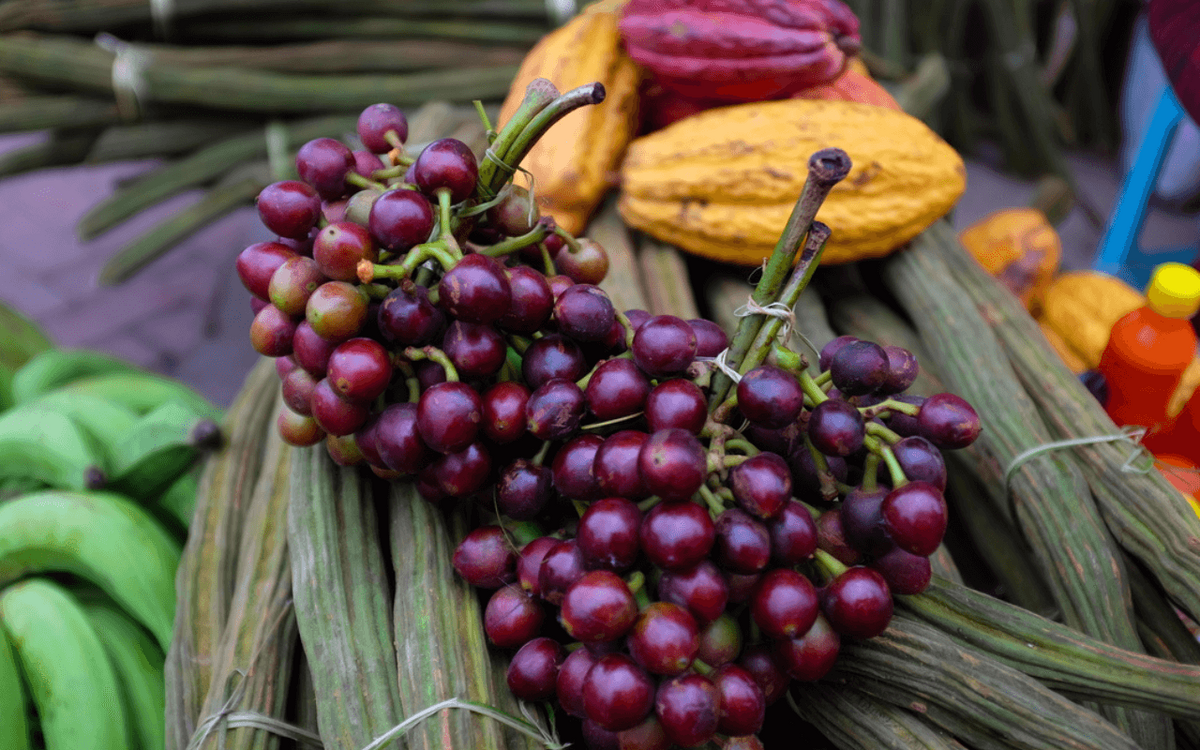
Read more The common thread is the importance of collaboration

Read more From the Tree to the Street: The Story of Natural Rubber
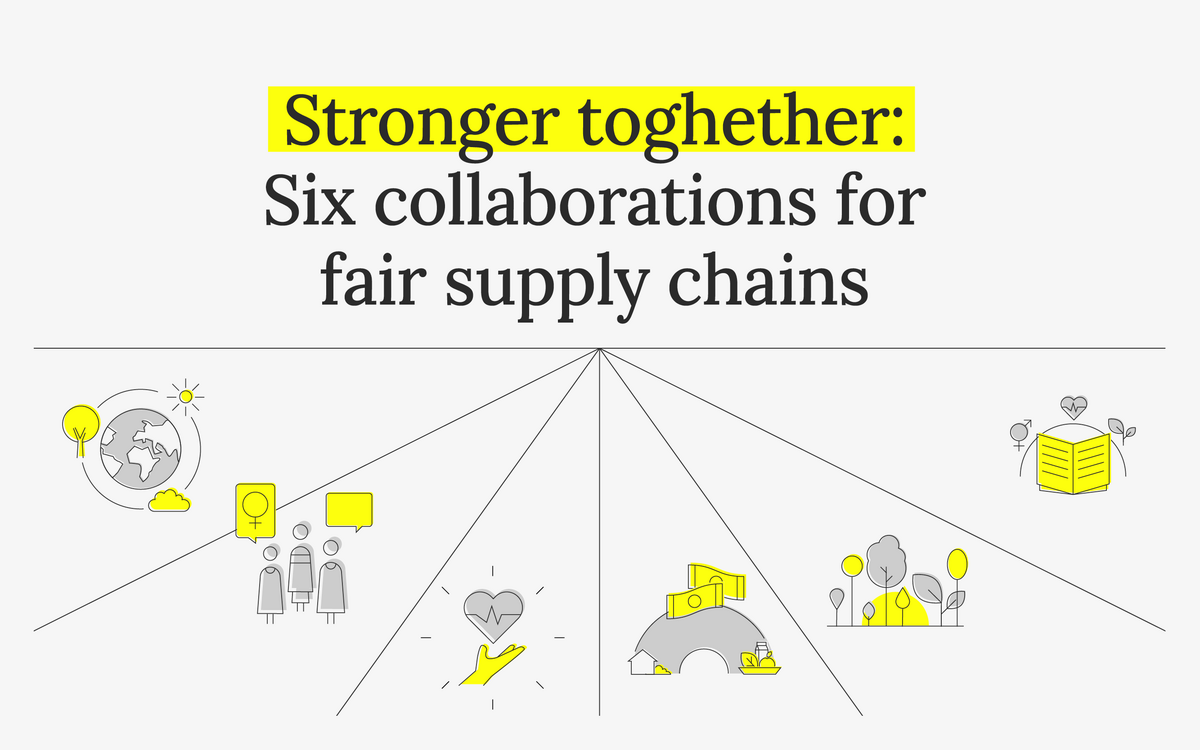
Read more Stronger toghether: Six collaborations for fair agricultural supply chains

Read more Reference values: A building block on the road to social equality

Read more Ms Rudloff, what are the benefits of a supply chain law?

Read more Freed from trade? Towards a fairer EU Trade Agenda

Read more Controversy: Do supply chains need liability rules?
We use cookies on our website. Some of them are essential, while others help to improve your user experience. Your consent is voluntary and can be revoked at any time on the "Privacy" page.
Protects against cross-site request forgery attacks
Saves the current PHP session.
Content from third-party providers, such as YouTube, which collect data about usage. Third-party content embedded on this website will only be displayed to you if you expressly agree to this here.
We use Matomo analytics software, which collects anonymous data about website usage and functionality to improve our website and user experience.